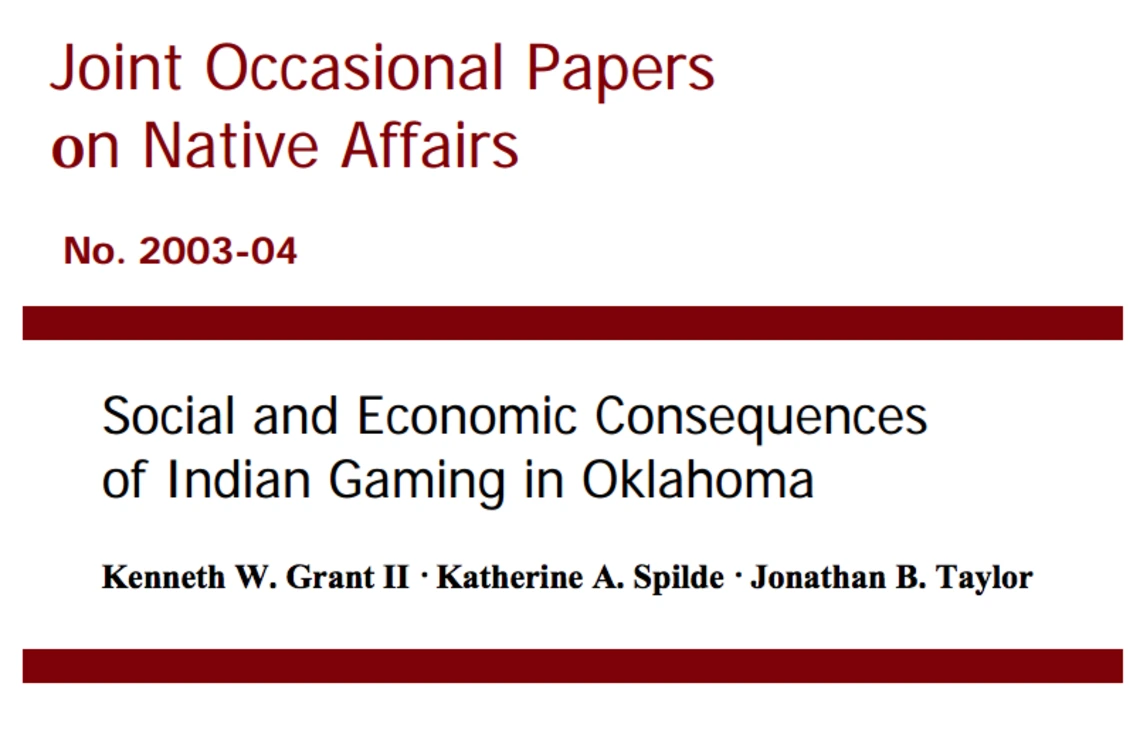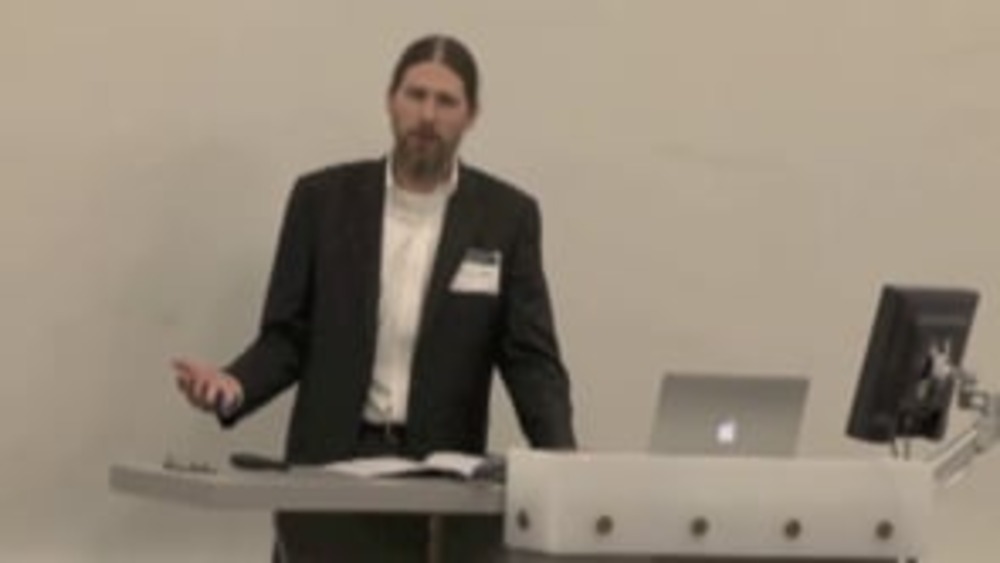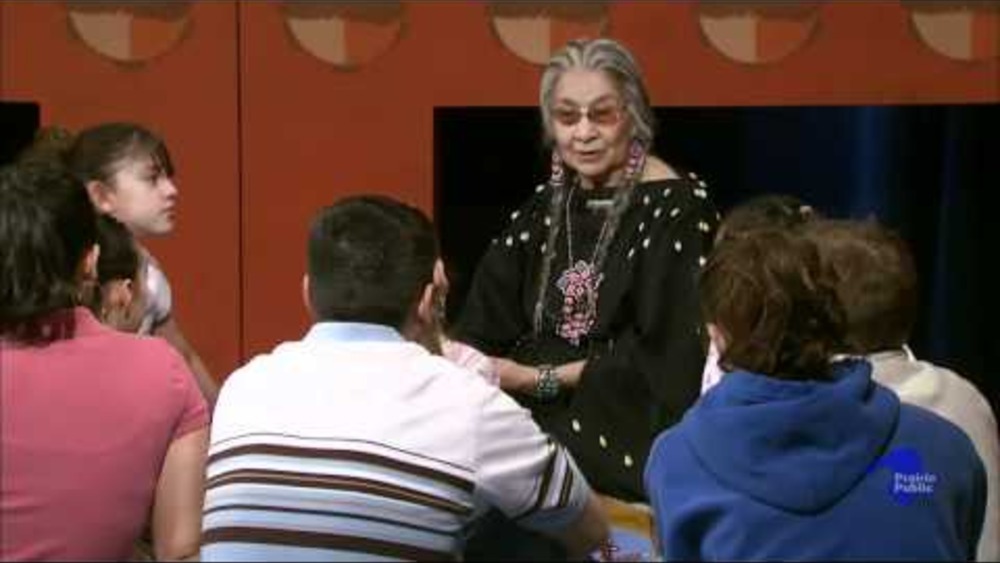Much has been written in the mainstream press about Indian gaming and its impact on Indian and non-Indian communities. The debate, however, tends to be focused on Class III or “casino-style” gaming. The effects of Class II gaming have largely been overlooked by the press and, unfortunately, by the research community as well. Notwithstanding their second-class status in the research, Class II gambling ventures have the potential to bring substantial change to the Indian communities that develop them. In this study of Class II gaming operations in Oklahoma we find that tribal governments are translating revenues and employment opportunities derived from Class II gaming operations into positive social investment. This change is reflected in quality- of-life improvements within both the tribal communities themselves and in surrounding non-tribal communities. Moreover, Class II operations have a net positive impact on the Oklahoma economy by virtue of their demonstrated ability to attract out-of-state customers to depressed regions of Oklahoma. The tribes’ successes offer a striking example of the principal intent of gaming operations, namely socioeconomic self- determination for tribes.
Additional Information
Grant II, Kenneth W., Katherine A. Spilde, Jonathan B. Taylor. "Social and Economic Consequences of Indian Gaming in Oklahoma". Joint Occasional Papers on Native Affairs No. 2003-04. The Harvard Project on American Indian Economic Development, Native Nations Institute for Leadership, Management, and Policy, Harvard University. Cambridge, Massachusetts. 2003. JOPNA.



